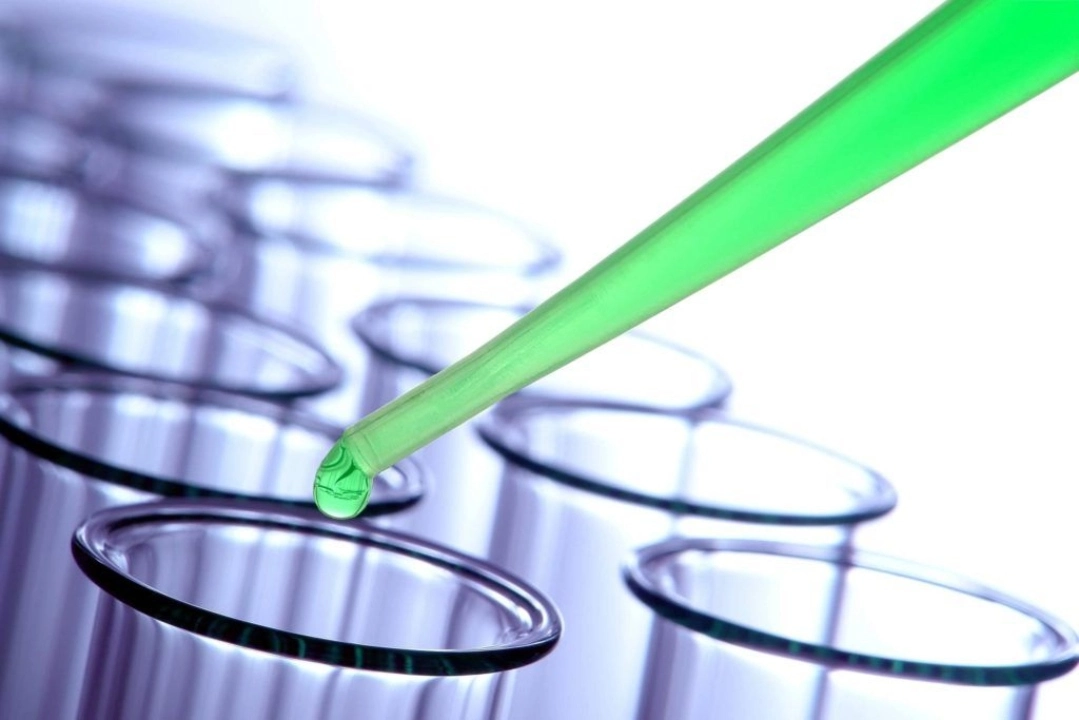(This story has been updated to delete some language that is not included in the new law.)
California regulators have begun a new push to standardize cannabis testing with the aim of eliminating inconsistencies among the state’s 41 operational marijuana labs.
Advocates say the effort – mandated by a new state law – will improve quality and reliability while discouraging lab shopping and other practices that produce bogus test results.
Industry officials across the country, for example, allege that some marijuana businesses – think growers, processors, manufacturers or distributors – shop for labs that will give them the results they want to see in the way of THC potency and contaminants.
Critics also say a lack of standards is among the factors plaguing the cannabis testing industry, threatening to undermine consumer confidence in marijuana products and making it harder for some labs to operate.
“This will bring additional consistency and accountability among licensed cannabis testing laboratories,” Department of Cannabis Control (DCC) spokeswoman Christina Dempsey said of the agency’s testing initiative.
“With a standardized method, laboratories can more easily identify and correct problems, and it will serve as an additional mechanism to ensure integrity.”
The DCC has designated two state-run labs to establish operating procedures that will serve as a blueprint for every marijuana testing lab in the state.
The directive was prompted by a new state law mandating that the cannabis regulator validate testing and procedures so labs provide accurate results and are more transparent about their testing operations.
In doing so, California joins a handful of other states that have standardized marijuana testing methods, including New Jersey and New York.
In California, program oversight falls under the DCC’s Laboratory Services Division, which has a staff of roughly two dozen who run the Cannabis Testing Laboratory and regulate the state’s labs through licensing and inspections.
As part of the initiative, the division is establishing a reference lab through a partnership with University of California, San Diego. It will be one of the two state-run labs.
Business leaders need reliable industry data and in-depth analysis to make smart investments and informed decisions in these uncertain economic times.
Get your 2023 MJBiz Factbook now!
Featured Inside:
- 200+ pages and 50 charts with key data points
- State-by-state guide to regulations, taxes & opportunities
- Segmented research reports for the marijuana + hemp industries
- Accurate financial forecasts + investment trends
Stay ahead of the curve and avoid costly missteps in the rapidly evolving cannabis industry.
Staffers will spot-check products to ensure they’ve been tested properly.
“DCC anticipates leveraging these two laboratories to enhance accountability,” Dempsey added, “by verifying laboratory results and through initiatives such as challenge tests.”
What’s in the bill
Senate Bill 544, signed in October by Gov. Gavin Newsom, requires the DCC to establish firm criteria and guidelines for testing dozens of pesticides, microbiological contaminants, residual solvents and cannabis compounds.
By Jan. 1, 2023, the DCC must establish a standardized cannabinoids test method and operating procedures that all labs will use.
“There needs to be consistency,” said Jozee Roberto, a longtime industry advocate and entrepreneur who helped draft SB 544 with her husband, D’Angelo, and the bill sponsor, state Sen. John Laird, a Democrat representing Santa Cruz.
The Robertos, who co-founded Santa Cruz-based Ethridge Farms with singer-songwriter Melissa Ethridge, were motivated to improve health, safety and financial stability in the fledging testing sector.
“We’re just helping to advance cannabis science, research and a stable industry,” D’Angelo Roberto said. “Small businesses could be decimated in an instant by a false positive.”
For example, a false positive might indicate a banned pesticide that wasn’t present, forcing producers to throw away product.
Kenny Morrison, the founder of VCC Brands and president of the California Cannabis Manufacturers Association, said he’s received false positive test results more than once for his products.
Often, labs refuse to notify regulators of their mistakes, fearing retribution or further regulatory scrutiny, Morrison said.
“It’s an unfortunate situation where the brands and the manufacturer know they’re getting less-than-accurate service,” he added.
Morrison wants to see state law changed further, so testing and sampling are performed where the product is produced – instead of at the wholesale distribution site, which is the current requirement.
“That needs to change because we’re forced to move pallets of products around, racking up trucking and freight charges,” Morrison added.
Others worry more requirements will drive up costs while inhibiting competition and services.
“Oftentimes we have to adapt our test to meet the needs of a changing market. When delta-8 hit the market, we quickly added it to our cannabinoids panel,” said Josh Wurzer, president and co-founder of Santa Cruz-based SC Labs.
“Mandating a reference method would stifle that innovation, which is fostered through competition in a free market.”
Lab shopping, other challenges
Every testing lab in California will be required to implement the DCC’s operating procedures, which advocates say will help curtail lab shopping.
SC Labs has run more than a million cannabis tests since its founding in 2010, when testing was voluntary and scant.
Before regulations emerged, cultivation and dispensary clients wanted accurate data, primarily for marketing purposes, Wurzer said.
But starting in 2018 – when state testing regulations first took effect – clients began demanding test results showing their products contain higher levels of THC.
“We didn’t feel that same kind of pressure to return high-THC results back then as we do now,” Wurzer said.
That number, unwittingly, has become the de facto purchasing trigger for many marijuana consumers.
As more shoppers sought out higher THC counts, the industry followed suit, prompting some distributors to lab shop, according to industry officials.
Under state law, distributors are mandated as liaisons between cultivators and dispensaries. They’re also required to arrange testing and hold inventory until it’s tested.
On the right path?
Organic chemist Jeffrey Raber, who launched one of the first cannabis testing labs in California more than a decade ago, believes the development of standardized methodologies and cross-validation will help clean up lab results and root out bad actors.
“The lab game still needs so much help,” said Raber, CEO of The Werc Shop, which exited the marijuana testing lab industry years ago to focus on consulting and formulation development.
“I don’t think we’re fully there yet, but we’re on the right path.”
Chris Casacchia can be reached at ccasacchia@hotmail.com.





